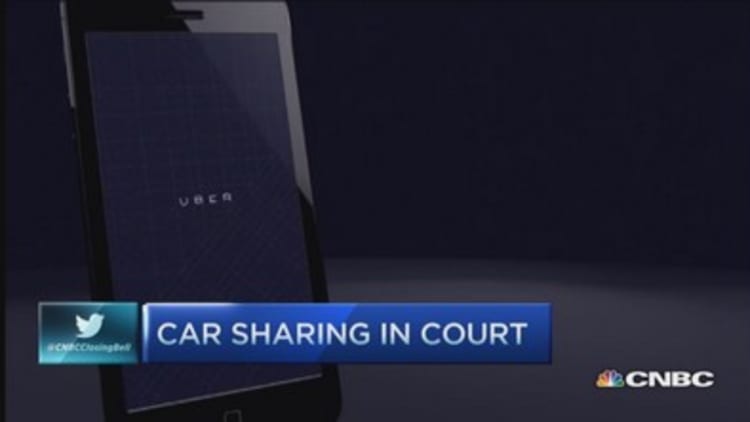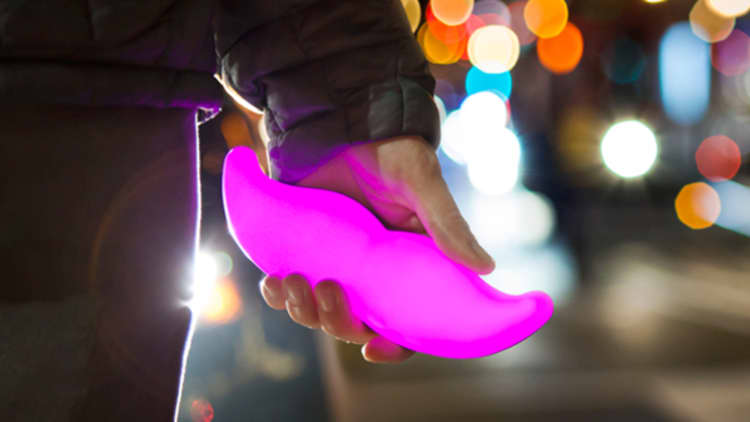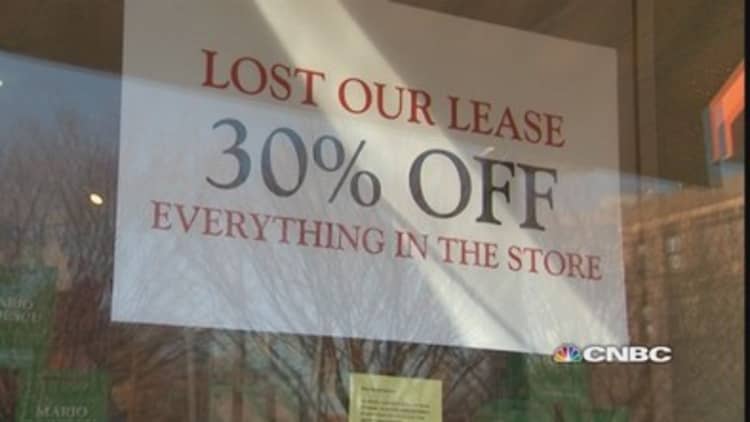

The growing freelance economy could be impacted in a big way as a legal fight unfolds between independent contractors and two hot start-ups over how workers are classified—and the employee benefits they might receive.
Last week, two separate San Francisco judges ruled juries will decide two landmark cases involving Uber and Lyft. Both companies are facing suits from drivers who want to be classified as employees, rather than independent contractors.
The outcome of both lawsuits would only affect California drivers, but the results would set a precedent. In the so-called sharing economy, independent workers leverage their independent contractor status, often declared on 1099 forms with the . After the Great Recession, more Americans have filled the vacuum of full-time work and benefits with a patchwork of part-time gigs and projects that increasingly are accessed online and through convenient mobile apps.
Amid this backdrop, the issue of employee status and benefits has escalated as start-ups in this space are valued at millions or more amid a tech sector surge.
"For start-ups, it could make the relationship with workers a lot more expensive," said Gary Burtless, senior fellow of economic studies at the Brookings Institution. "It might very well make the expansion of such businesses less attractive, financially."
Freelancers broadly are no longer a fringe sector of the U.S. worker economy. More than 53 million Americans are freelancing—34 percent of the entire workforce. That's according to a September 2014 study by advocacy group the Freelancers Union and Elance-oDesk. The groups connect freelancers with jobs and related resources.
Read MoreLawsuits facing Uber, Lyft could alter sharing economy
Beyond full-employee status, the plaintiffs are seeking reimbursement for expenses including gasoline and car maintenance costs, which they would normally receive if they had employee standing in California. Drivers for both companies currently are classified as freelancers, and drivers cover such costs themselves.
What's at stake
If Uber and Lyft lose the cases or settle out of court, labor costs could be enormous for other start-ups.
The lawsuits' potential cost to Uber and Lyft is difficult to quantify, as neither will divulge how many drivers they have in California. Both start-ups declined to comment on the suits.
While estimates vary, a full-time worker's compensation including health-care costs and pension plan expenses can account for 25 to 40 percent of a worker's total salary, according to the Society for Human Resource Management.
Other start-ups that could be impacted by the jury trial include TaskRabbit, which enlists individuals to complete tasks for others in their area; Instacart, which leverages independent contractors to food shop and deliver groceries to individuals; and Homejoy, which uses independent contractors to clean homes.

Here's one example of how transitioning workers to full-time status can impact a start-ups costs.
New York City-based cleaning service MyClean opted to move its workers from 1099 independent status to W-2 or employee status to help boost worker and customer retention, said its chief executive, Michael Scharf. MyClean's labor costs subsequently surged 40 percent, Scharf said. The company's staff includes 240 cleaners.
"We believe this helps lead to a happier work environment," said Scharf. "As a result, when we acquire a customer, we generally keep them."
As the Lyft and Uber cases make their way through the San Francisco courts, freelancers continue to engineer their own work schedules.
Sean Lyons, 23, works in New York City for Wunwun and Zipments, two delivery services. He also drives for Uber. Last year, Lyons made $48,000 across his three jobs, and he secured health insurance under the Affordable Care Act, which runs him $95 a month.
"I like being an independent contractor because I can benefit from all of these platforms," said Lyons. He's also an artist and paints in his off time. "If you want to be an independent contractor, that's the type of person you are. I prefer my time—I can work on these platforms, make the money I need and do my own thing."


